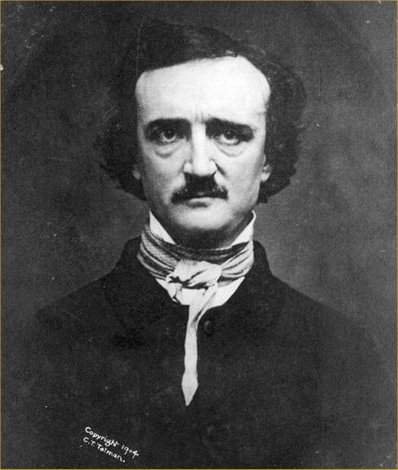Chekhov's Gun is a literary device, named after the short story writer Anton Chekhov. Chekhov felt that any object put into the story must be used later on, or else there's no point to it. The phrase "Chekhov's Gun" comes from a line from a letter Chekhov sent, "One must not put a loaded rifle on the stage if no one is thinking of firing it."
Chekhov's gun has come to mean a seemingly trivial detail that will be of the utmost importance later on, or an object that the book lingers on just barely, only to later use it to save the day. When properly used, this device can be seen as cunning or inventive, but it can get to predictable levels. In James Bond, for example, all of the gadgets that quartermaster "Q" gives Bond will later be used, with all their described functions, to get Bond out of a specific mess. Due to this happening in every single movie (with the exception of "Goldeneye"), it's become rather stale.
Certain book and TV series are notorious for this; Harry Potter has quite a lot of Chekhov's Guns. In the second book, Dumbledore introduces Fawkes the Phoenix and spends five minutes recounting the many uses of the Phoenix species - heavy lifting, bravery, healing tears - all of which are used in the final scene. Fawkes is something of a Mary Sue that way. Scabbers, Ron's seemingly docile rat, and Dumbledore's "Putter-Outer" are both Chekhov's Guns.
Chekhov's Gun, I find, is best when used in moderation. It's a useful technique, but use it too much and your readers will start poring over every little detail, thinking that everything mentioned will be important later.

